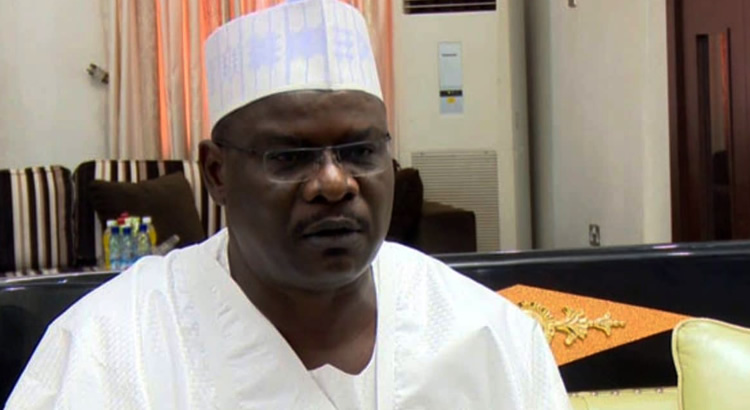Senator Ali Ndume’s commendation of President Bola Tinubu’s recent appointments reflects a broader conversation about equitable representation in governance, a principle enshrined in Nigeria’s 1999 Constitution. Ndume’s initial criticism stemmed from what he perceived as an underrepresentation of the North in key government positions, a concern he voiced publicly, referencing the constitutional mandate for fairness and balance. The subsequent wave of appointments featuring individuals from northern states signals a responsiveness to this concern, showcasing a dynamic interplay between critique, constitutional principles, and the practical application of inclusive governance. This incident underscores the importance of open dialogue and feedback mechanisms in a democratic system, allowing for adjustments and course correction based on public sentiment and constitutional obligations.
The president’s decision to appoint individuals from the North into significant roles within federal agencies addresses the core of Senator Ndume’s initial critique. By diversifying the representation within these agencies, the Tinubu administration aims to create a more inclusive government reflective of Nigeria’s diverse population. This move is not simply about filling positions but about ensuring that decision-making processes within these vital institutions benefit from the insights and perspectives of a broader spectrum of the Nigerian populace. The strategic nature of the appointments further underscores the government’s intent to empower individuals from the North to contribute meaningfully to national development.
The specific appointments, spanning a range of sectors from agriculture and insurance to education and labor, demonstrate a deliberate effort to address various facets of national development. Appointing individuals with relevant expertise and experience to these positions signals a commitment to effectiveness and competence in governance. The inclusion of individuals like Yazid Shehu Danfulani to lead the Nigerian Agricultural Insurance Corporation and Prof. Musa Tafsiri to head the National Commission for Mass Literacy, Adult and Non-Formal Education speaks to the administration’s focus on crucial sectors like agriculture and education. These sectors are pivotal for economic growth and human capital development, and the appointments suggest a targeted approach to addressing critical national needs.
Beyond addressing regional representation, the appointments also underscore the importance of meritocracy and experience in leadership selection. While addressing regional balance is crucial for inclusivity, it’s equally vital that the chosen individuals possess the necessary qualifications and expertise to effectively discharge their duties. The selection of individuals with proven track records in their respective fields reinforces the idea that competence remains a key criterion in the appointment process. This dual focus on representation and meritocracy aims to create a government that is both inclusive and effective, capable of delivering on its promises to the Nigerian people.
Senator Ndume’s shift from criticism to commendation signifies the importance of constructive engagement between elected officials and the government. His initial critique served as a catalyst for change, prompting the administration to address the concerns raised. This demonstrates the value of open dialogue and the willingness to engage in constructive criticism as a means of improving governance. Ndume’s subsequent acknowledgement of the President’s responsiveness further underscores the importance of recognizing and appreciating positive actions taken by the government. This dynamic highlights the crucial role of checks and balances within a democratic system, where elected officials can voice concerns, advocate for change, and acknowledge progress.
The broader implications of this scenario extend beyond the immediate appointments. It sets a precedent for future interactions between elected officials and the executive branch, emphasizing the importance of dialogue, responsiveness, and a commitment to the principles of inclusive governance. It reinforces the idea that a healthy democracy requires continuous engagement and a willingness to address concerns raised by the populace and its representatives. This incident serves as a case study in how constructive criticism can lead to positive change, ultimately strengthening the fabric of democratic governance. The focus now shifts to the performance of the newly appointed individuals and their ability to deliver on the expectations placed upon them, contributing to the overall progress and development of Nigeria.


